UNESCO will help archaeologists explore the area affected by the explosion of the Kakhovka HPP
- News of Kherson
-
•
-

- Daria Rohalevych
-
•
-
18:00, 06 August, 2024
The international organization UNESCO will provide Ukraine with support in conducting archaeological research in the territories affected by the destruction of the Kakhovka Dam.
This was reported by the press service of the Ministry of Culture and Information Policy of Ukraine.
Thus, on Monday, August 5, the ministry held a meeting of representatives of the state body, the UNESCO office in Ukraine, the Institute of Archeology of Ukraine and the Khortytsia National Reserve. The main topic of discussion was the conduct of archaeological research in the territories affected by the destruction of the Kakhovka HPP in June 2023.
The situation regarding the research of these territories is complicated by the temporary capture of part of the Kherson region and its constant shelling by the enemy.
«Despite this, Ukrainian archaeologists, together with the military and authorities at all levels, are doing everything possible to save the surviving artifacts,» the Ministry added.
The Institute of Archeology of the National Academy of Sciences of Ukraine has approved monitoring works in the territories affected by the Russian invasion as one of its work priorities, and has already examined 836 archaeological sites.
We will remind you how the mayor of Nova Kakhovka, Volodymyr Kovalenko, said that due to Russians undermining the Kakhovka hydroelectric plant, the left bank of the Dnipro will become a «zone without life» in 3-5 years.
Also, NikVesti wrote about residents of more than 50 houses from the flooded village of Novovasylivka in the Mykolaiv region, who still cannot repair their homes. It was not possible to dry the walls of local houses even a year after the tragedy of the explosion of the Kakhovka HPP.
Recent news about: Kakhovka HPP


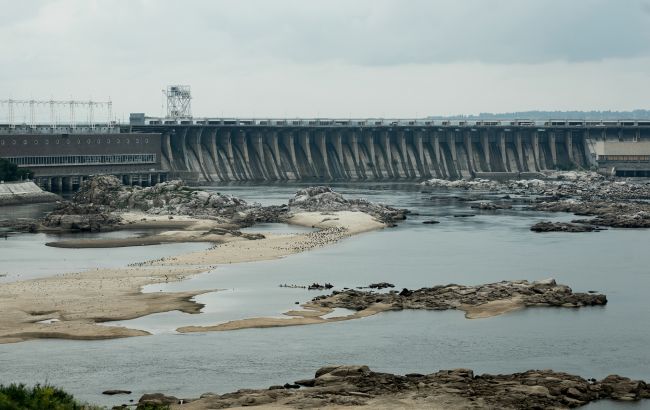

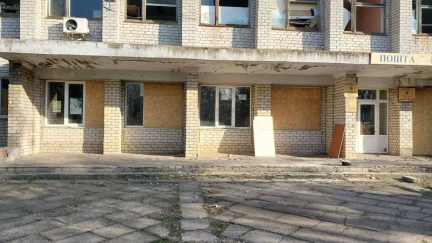

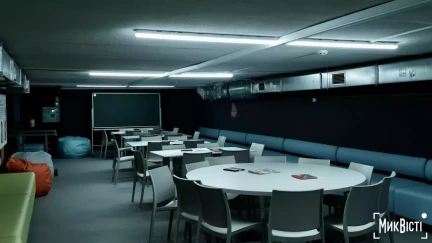



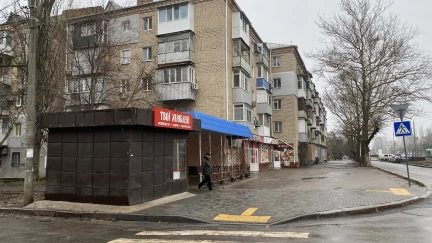
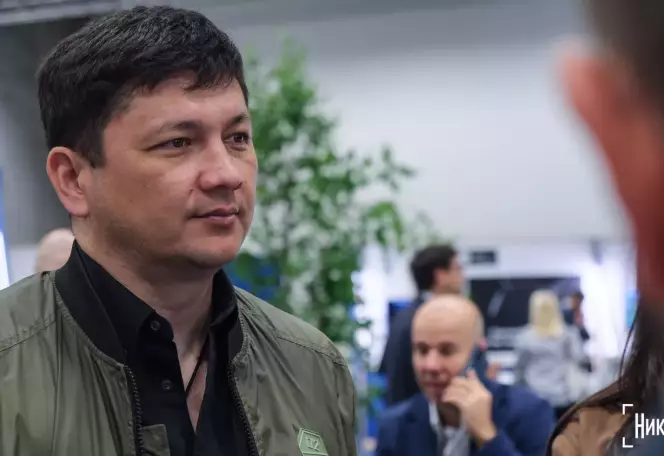


To join the conversation, please log in to the NikVesti website.